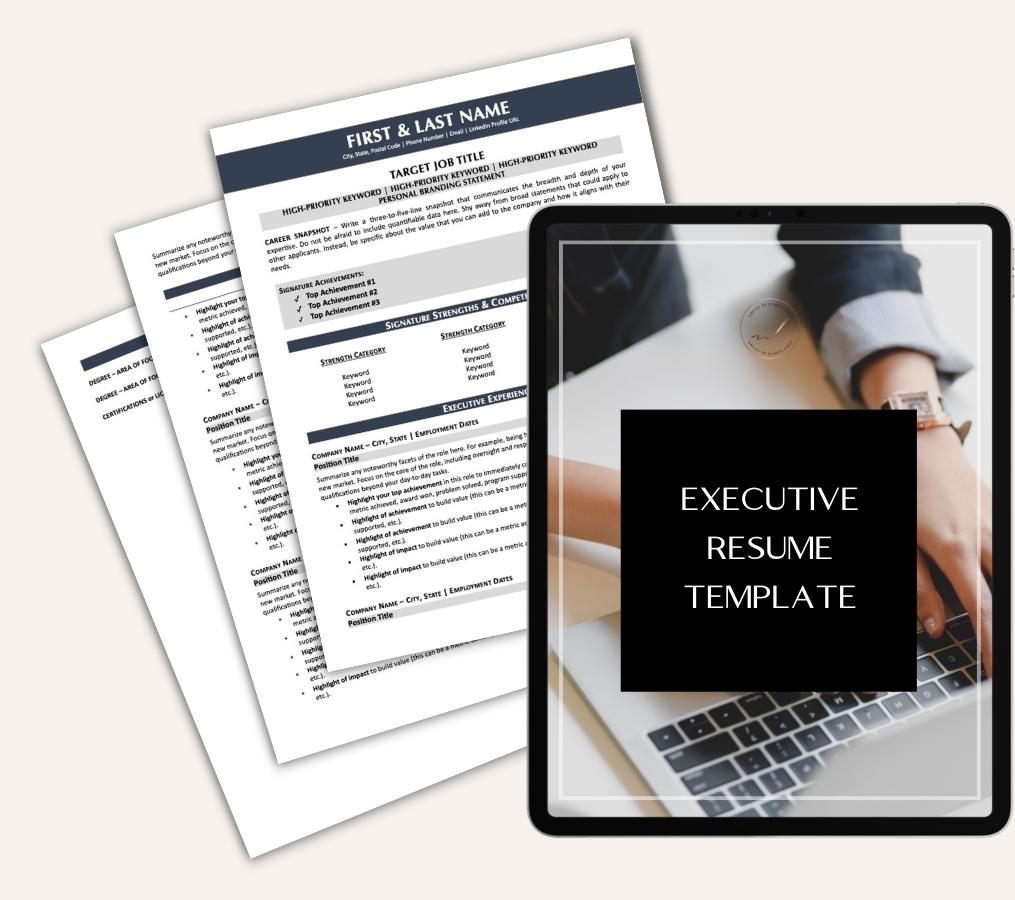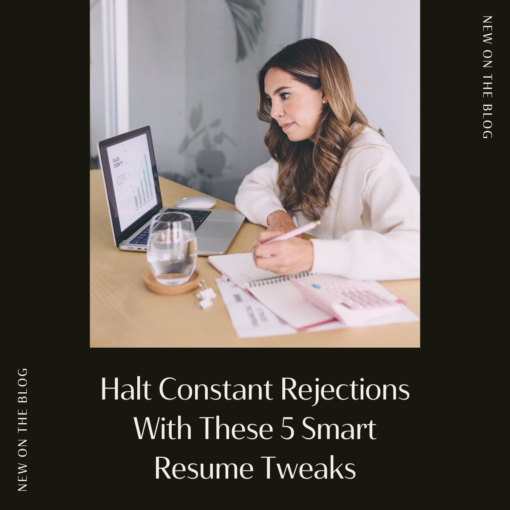7 Resume Mistakes to Avoid
There’s plenty of great advice out there to help you create an amazing resume—plenty of “dos.” But it’s a good idea to keep in mind that there are some things that you should not do when writing your resume as well. So before you write another word, consider the following resume pitfalls.
Say No To …
1. Writing dense paragraphs: For many hiring managers, resumes are boring, repetitive documents, so it’s your job to make reading yours as enjoyable as possible. One way is by using bullet points instead of writing dense paragraphs. This creates white space that makes reading easier.
2. Sidestepping action words: If you start your work history descriptions with “duties included” then you’re not telling a hiring manager what you accomplished but simply what you were told to accomplish. You can fix this by adding action words like “initiated”, “created”, and “designed” to better describe the contributions you made at your previous employers.
3. Telling white lies: You may feel that exaggerating slightly in your work history could win you a job, but if a prospective employer checks with that previous employer to learn about your responsibilities, you could find yourself being turned down for the position.
4. Failing to add keywords: Most companies use some type of screening technology that looks for keywords related to the job to determine whether a candidate is worth seriously reviewing. To give yourself a chance, look up some related keywords and add them to your resume.
5. Creating generic resumes: It’s very important that you tailor each resume for the company and position for which you’re applying. You can do this by adding work history and accomplishments that show you’ve addressed the prospective company’s needs in the past with prior employers.
6. Not advertising your LinkedIn profile: Your LinkedIn profile gives employers the opportunity to learn more about you than what you include in your resume. So be sure to add this link to your resume to get that boost you need.
7. Forgetting to spell check: When you’re done with your resume, you need to check for spelling errors, grammar issues, and typos—over and over again. And don’t rely on your word processing program to do the work for you since they are known for missing important information.
As a job seeker, it’s always important to show how strong you are as a candidate. By avoiding the above no-nos, you have a better chance of being the one candidate the employer wants to bring into their fold.
For additional tips and advice on resumes and cover letters, follow @GreatResume or visit our blog.
Share this post:

About the author
Jessica Hernandez, President, CEO & Founder of Great Resumes Fast
Hi, I’m Jessica. I started this company back in 2008 after more than a decade directing hiring practices at Fortune 500 companies.
What started as a side hustle (before that was even a word!) helping friends of friends with their resumes has now grown into a company that serves hundreds of happy clients a year. But the personal touch? I’ve kept that.
You might have seen me featured as a resume expert in publications like Forbes, Fast Company, and Fortune. And in 2020, I was honored to be named as a LinkedIn Top Voice of the year!
I’m so glad you’re here, and I can’t wait to help you find your next perfect-fit position!
Improve Your Resume: Download Your Free Executive Resume Template Today
Are you struggling to create an executive resume that will impress employers? Download this free executive resume template and receive a series of 10 emails with expert guidance on how to write resume content that resonates with employers so you get more interviews.
It's everything you need to stand out, make an impression, and accelerate your job search.








